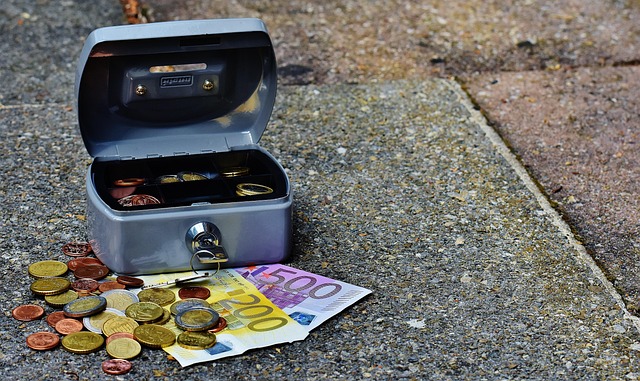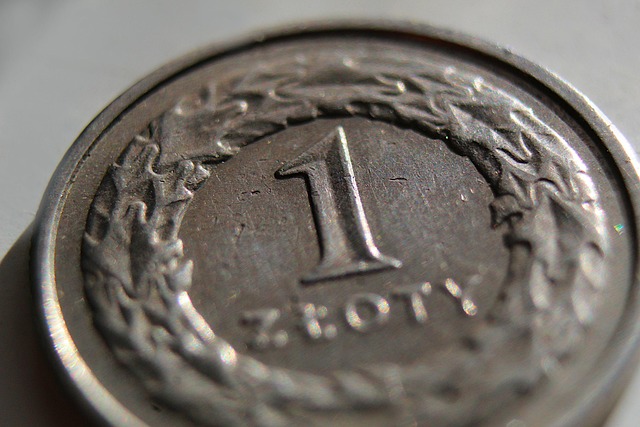The digital transformation is driving a shift from paper to electronic car title loan utility bill verification, offering faster, more convenient access to financial data for both lenders and borrowers. This innovative approach streamlines applications, reduces processing times, and could transform the industry by enhancing transparency and efficiency in short-term loan processes.
In the digital age, the shift towards paperless utility bills has gained momentum. As consumers increasingly opt for online services, lenders in the car title loan industry are questioning if digital utility data is a viable alternative for verification. This article explores the role of paperless utility bills in car title loan processes, examining current practices and future trends to determine if these electronic statements will become the new norm for official validation.
- Exploring Paperless Utility Bills' Role in Car Title Loan Verification
- Current Practices: How Lenders Handle Digital Utility Data
- Future Trends: Will Paperless Bills Become Standard for Verification?
Exploring Paperless Utility Bills' Role in Car Title Loan Verification

With the increasing digital transformation across various industries, it’s no surprise that paperless utility bills are gaining traction. In the context of car title loan verification, this shift presents both opportunities and challenges. Lenders often require proof of income and residency as part of their underwriting process, and traditional methods involve verifying physical copies of bills. However, with paperless utility bills, individuals can provide digital access to their recent billing history, offering a more efficient and convenient solution.
This innovative approach could be a game-changer for those seeking emergency funding or considering a loan payoff strategy. By accepting paperless utility bills, lenders can streamline the verification process, potentially speeding up loan approvals. It provides a financial solution for borrowers who might not have readily available physical documents but have no issues sharing digital access to their utility accounts. This method could simplify the entire loan application and approval process, making it more accessible for everyone.
Current Practices: How Lenders Handle Digital Utility Data

In today’s digital age, many financial institutions, including lenders offering car title loans, have adapted to electronic data submission and retrieval. When it comes to utility bill verification for loan applications, current practices show a shift from traditional paper documents to digital sources. Lenders are increasingly accepting digital utility bills as a valid form of verification, especially for customers applying for short-term funding options like car title loans. This transition is driven by the convenience of quick data access and the reduction in processing time compared to manual paperwork.
When evaluating loan applicants, lenders often require recent utility bills to confirm the customer’s identity and financial status. Instead of requesting physical copies, they can now securely obtain digital data from various online platforms. This method not only streamlines the verification process but also ensures the accuracy of information. With just a few clicks, lenders can access an individual’s utility usage history, enabling them to make informed decisions regarding interest rates and loan terms, ultimately facilitating faster funding for borrowers who use their vehicle collateral.
Future Trends: Will Paperless Bills Become Standard for Verification?

As we move further into the digital age, it’s inevitable that many aspects of our daily lives will continue to evolve and transform. The trend towards paperless transactions has already taken root in various sectors, and utility bill verification is no exception. With advancements in technology, there’s a growing expectation for seamless, efficient, and secure online processes. Many financial institutions and service providers are already exploring the potential of digital documentation, including car title loan applications where the need for quick verifications is crucial.
The future may see widespread adoption of paperless utility bills for verification purposes. This shift could be driven by the convenience it offers, both for consumers and lenders. An online application process, with same-day funding capabilities, can streamline the loan acquisition journey, especially when tied to the verification of vehicle ownership. Such a transition would not only reduce administrative burdens but also enhance transparency and efficiency in car title loan transactions, making it a game-changer for the industry.
As technology evolves, the acceptance of paperless utility bills for car title loan verification is becoming increasingly feasible and could soon be the norm. This shift towards digital documentation streamlines the process, offering convenience for both lenders and borrowers. With advancements in data security and authentication, there are strong indications that paperless bills will gain widespread adoption, ensuring a more efficient and accessible system for car title loan applications.






